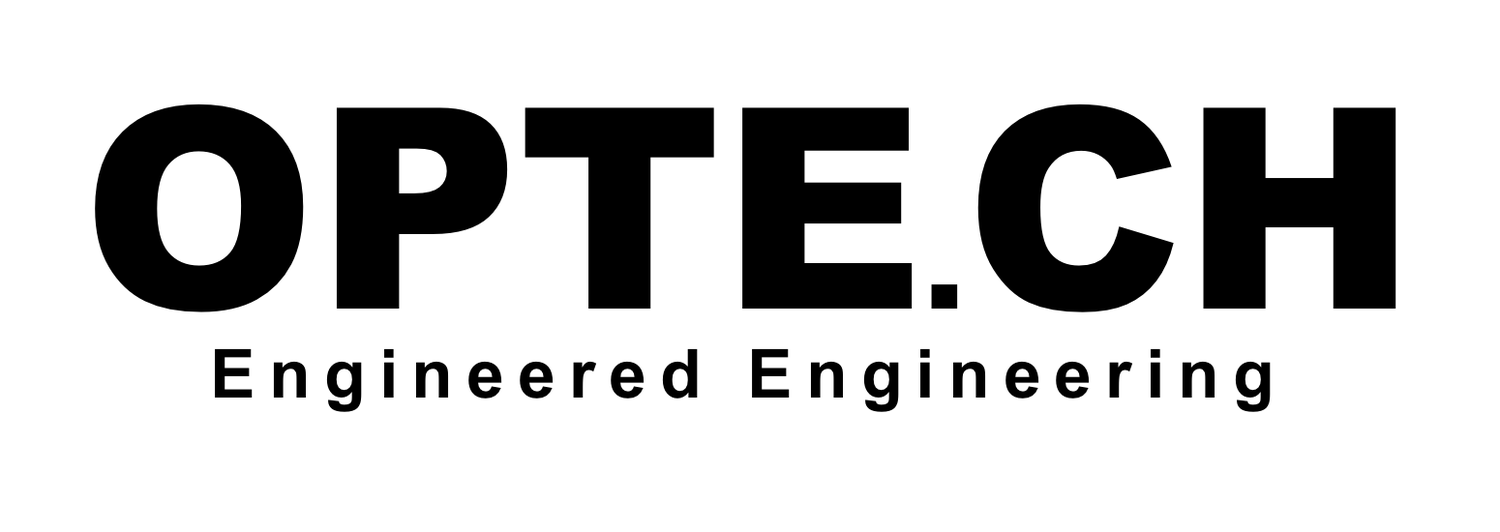In this article by Mat Honan from Wired, he highlights a major problem with technology journalism today - people are bored with just about everything. These are just TVs, this is just another tablet, that iPhone is hardly any different from the last one... blah blah blah.
This year the CES coverage seemed to be more pessimistic than previous years. The latest iPhone release seemed to be received as more disappointing than previous years. The anti-Apple folks say that Apple has peaked and can't keep up their momentum without Steve Jobs. The rest of the tech bloggers think that CES has lost its shine. These aren't two separate things, there is one explanation - everyone has gotten used to insanely brilliant, beautiful, and incredible technology. Many believe it is bland and boring because we're surrounded by it.
Tech reporting today often sounds more like a spoiled rich kid complaining that the Mercedes his parents got him for his 16th birthday isn't the right color. It is a shame. Every time I pick up my phone, tablet, or laptop there is a moment of disbelief at how incredible the technology is. Not all reporting is this way, but enough of it is and those same "writers" have no shame in publishing nothing more than click-bait-crap.
This doesn't mean we can't be critical of new technology. We don't have to accept every new product as profound. Not every product will be a revolution, but embracing a steady clip of evolution is not settling.

![resolution_chart[1].png](https://images.squarespace-cdn.com/content/v1/527e51e1e4b0910bac783378/1389280954326-469R40DEPYYJBTQ3K6FU/resolution_chart%5B1%5D.png)